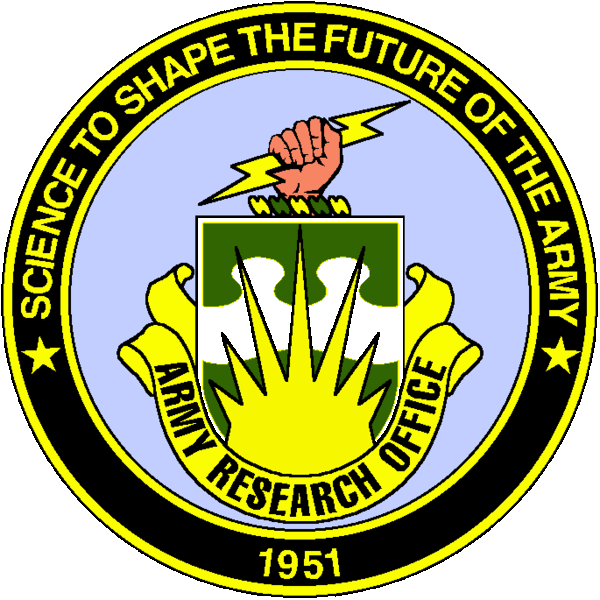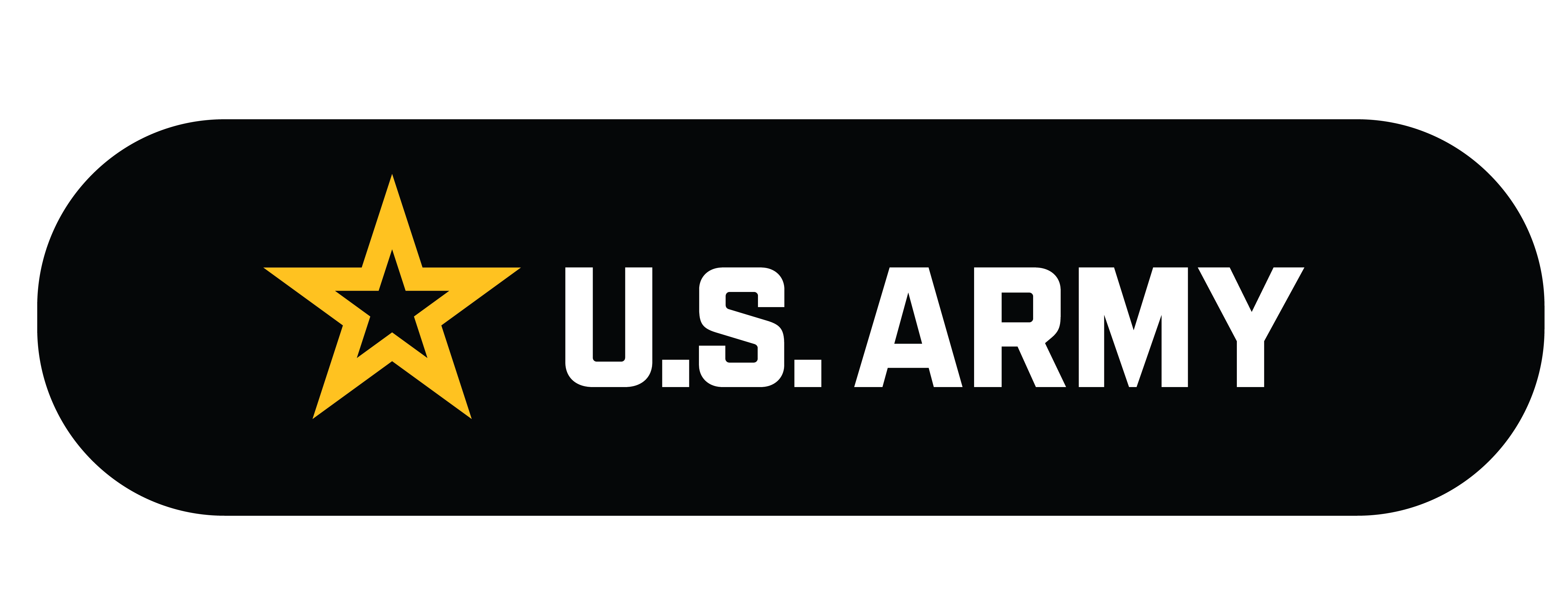
We are thrilled to share that our research “Developing Research Infrastructure to Strengthen Socio-Cognitive Security for Combating Misinformation and Deviant Collective Behavior” has been included as a success story in the U.S. Army Research Office’s year-in-review magazine!
In the ever-evolving digital landscape, misinformation poses a formidable challenge, and our Research Center, Collaboration for Social Media and Online Behavioral Studies (COSMOS) at the University of Arkansas at Little Rock, has had several research works and tools towards curbing the spread of misinformation which Professor Nitin Agarwal has led.
Specifically, in this research funded and recognized by the ARO, our team applied their expertise to study COVID-19–related cross-media misinformation campaigns and scams, leveraging previous research on detecting and predicting deviant cyber flash mobs (DCFMs). By combining social network analysis techniques and social cyber forensics with the DCFM model, we developed a means to measure and track the influence power of specific scam and misinformation campaigns. The DCFM phenomenon can be considered a form of collective action, which is an action aimed at improving a group’s conditions (such as status or power).
The challenge of addressing misinformation lies in its coordinated nature, often orchestrated through collective action, where individuals leverage online social networks to organize protests, demonstrations, or social movements without the need for formal structures.

In a compelling application of our methodology, COSMOS researchers examined digitally enabled protests surrounding COVID-19 anti-quarantine protests in Michigan; utilizing focal-structure analysis, we identified robust coordination among conspiracy groups calling for protest and actions against Michigan Gov. Whitmer. This finding validated the efficacy of our approach and provided real-world evidence of the potential threat posed by these misinformation campaigns.
This groundbreaking work has garnered recognition from the World Health Organization (WHO), acknowledging its potential as a critical technological innovation in the fight against COVID-19. COSMOS worked closely with the Arkansas Attorney General’s office to understand their need during an intensive barrage of COVID-19–related scams and misinformation, and delivered effectively for proactive policymaking. Findings from this collaboration were published in the book entitled “Coronavirus and Disinformation – A Whole of Society Perspective” under the auspices of NATO Research and Technology Group (RTG HFM-293).

Our inclusion in the U.S. Army Research Office’s year-in-review magazine marks not just a milestone for our team but a beacon of commitment to truth and building community resilience against the tide of misinformation by working closely with our policymakers. As the digital landscape evolves, so does our dedication to fortifying our socio-cognitive security.
The journey continues, and each discovery strengthens the foundation of our collective pursuit. The funding and recognition of the Army Research Office not only speaks to the importance of such research pursuits, but also to how COSMOS has taken academic theories, such as those on DCFMs, and applied them with computing algorithms in such a way that government and military officials can now look to such research for practical solutions. You can learn more about our COVID-19 Misinformation Tracker at https://cosmos.ualr.edu/covid-19. You can also read the full ARO Year-in-Review magazine here
